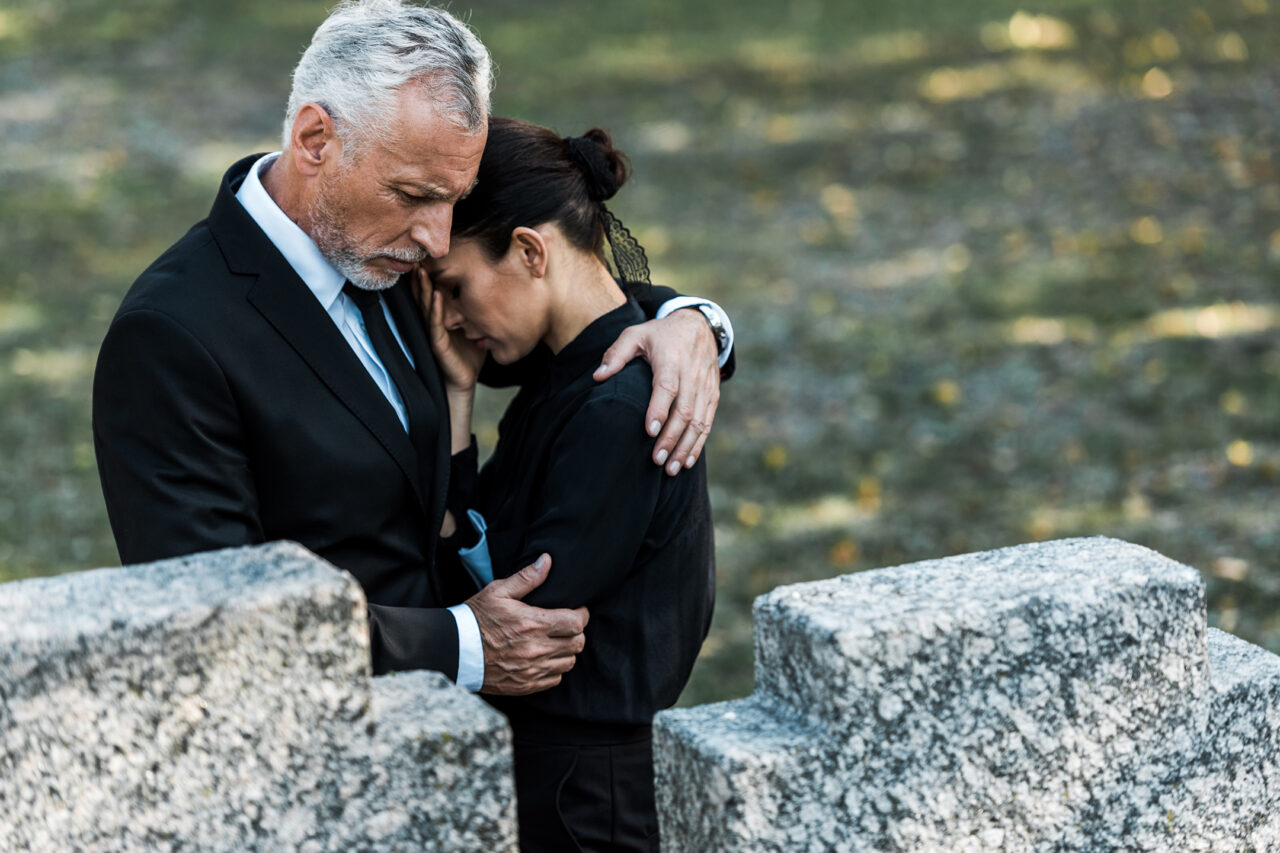 BY Samuel Mathis, MD, MBA
BY Samuel Mathis, MD, MBA
Lately, I have had numerous patients present with symptoms surrounding grief. This is either due to the loss of a loved one or even loss in their personal life due to pain or disability. When we see these patients, it can be a challenge to identify therapies or strategies to help them overcome or engage with their grief in a healthy way.
It is well documented, that morbidity and mortality significantly increase for a patient experiencing grief following the death of a loved one. The symptoms of grief are similar to those of depression: lack of energy, emotional lability, change in appetite, sleep disturbance, concentration difficulties, and even suicidal thoughts when severe. Research has shown that significant changes in an individual’s immune system, cortisol regulation, and even neuroimaging changes occur in individuals with severe and prolonged grief reactions (1). These changes impact an individual’s ability to fight off infection, manage their health, and even regulate their ability to deal with everyday life stressors compared to control groups. This same effect can also occur in patients who receive cancer or other medical diagnoses.
When working with patients experiencing grief, it is important to approach them from a place of caring and understanding. Most patients will work through their grief with enough time. However, there are some ways we can help them work through it healthily. The first thing we can do to help patients deal with grief is to acknowledge the emotion. Grief often carries with it associated shame. Many patients are unwilling to share with their physicians how grief is affecting them. Sometimes, asking patients how they are doing can open a conversation about their emotions.
There are numerous treatments available for patients experiencing grief, both conventional and integrative. It is important to recognize that patients who need prescription therapy for grief. Selective Serotonin Reuptake Inhibitors (SSRIs) are a vital part of many people’s healing journey and should be used when appropriate. Counseling and psychotherapy are essential processes to help many individuals walk through their grief. When unsure, please refer patients to their primary care physician or a trained psychiatrist to assist with medication management.
In addition to conventional therapy, several integrative therapies can help patients with their grief. Many of these therapies do not have significant research backing them, but they can be helpful for patients who are resistant to conventional treatment. One of the most studied therapies is the use of ritual in handling grief. Many of these ritual behaviors can be simple, such as writing letters to or about the issue causing grief, talking to the deceased, praying, or even having farewell ceremonies. Most studies have found that rituals can have significant effects on grief and provide patients with much-needed closure for the individual (2). It is important to recognize that these rituals help with the entire aspect of grief and may not have a significant impact at the moment.
Other integrative strategies for grief focus on reconnecting the mind, body, and spirit after the event. This can be done in many ways, including spiritual activities, energy healing, and even physical therapies such as acupuncture. Interestingly, reiki therapy, a type of energy healing has been increasingly utilized in cancer patients to provide some additional healing and to help in coping with their diagnosis (3). Reiki therapy is unique in that it does not require the practitioner to be present with the patient or any physical contact between the patient and practitioner. Other forms of energy healing can also include sound therapy, qigong, electromagnetics, or even prayers. While anecdotal, these therapies can be very helpful for some patient populations. Finally, acupuncture can also be used for many patients in various stages of grief. Many patients find acupuncture treatments can help with the symptoms of grief as well as provide an emotional release at times.
Grief is a challenging condition that many of our patients suffer through in silence. Recognizing and getting them into therapy quickly and appropriately can provide significant benefits to their emotional and physical health. One thing I have found to be very helpful for patients is to carry a small book titled “Good Grief” by Granger Westberg. This book is a small, easy read that walks patients through the stages of grief and helps them to recognize how grief is normal and part of the healing process after a loss. Being open to conversation with our patients is vital to identifying patients dealing with symptoms of grief.
References
- O’Connor MF. Grief: A Brief History of Research on How Body, Mind, and Brain Adapt. Psychosom Med. 2019 Oct;81(8):731-738. doi: 10.1097/PSY.0000000000000717. PMID: 31180982; PMCID: PMC6844541.
- Wojtkowiak J, Lind J, Smid GE. Ritual in Therapy for Prolonged Grief: A Scoping Review of Ritual Elements in Evidence-Informed Grief Interventions. Front Psychiatry. 2021 Feb 3;11:623835. doi: 10.3389/fpsyt.2020.623835. PMID: 33613334; PMCID: PMC7887294.
Burden B, Herron-Marx S, Clifford C. The increasing use of reiki as a complementary therapy in specialist palliative care. Int J Palliat Nurs. 2005 May;11(5):248-53. doi: 10.12968/ijpn.2005.11.5.248. PM


